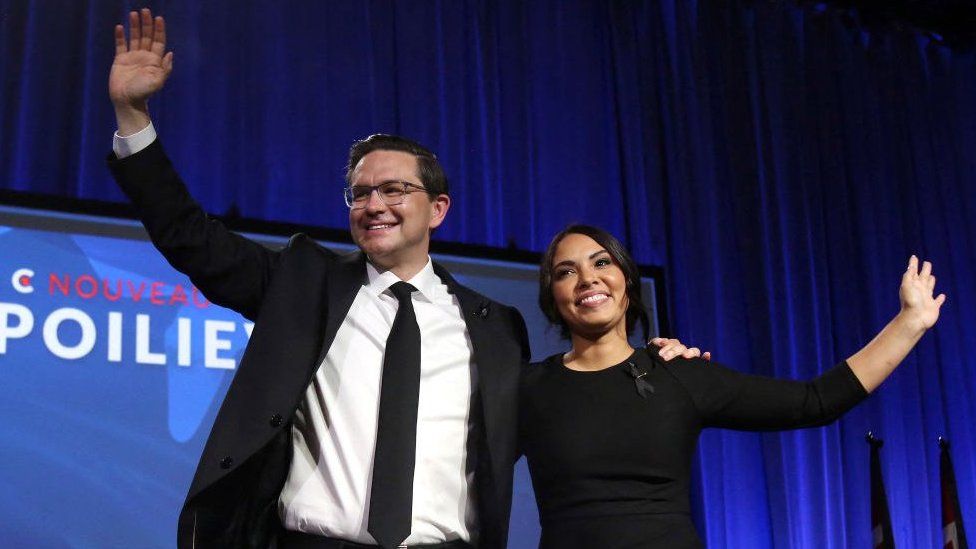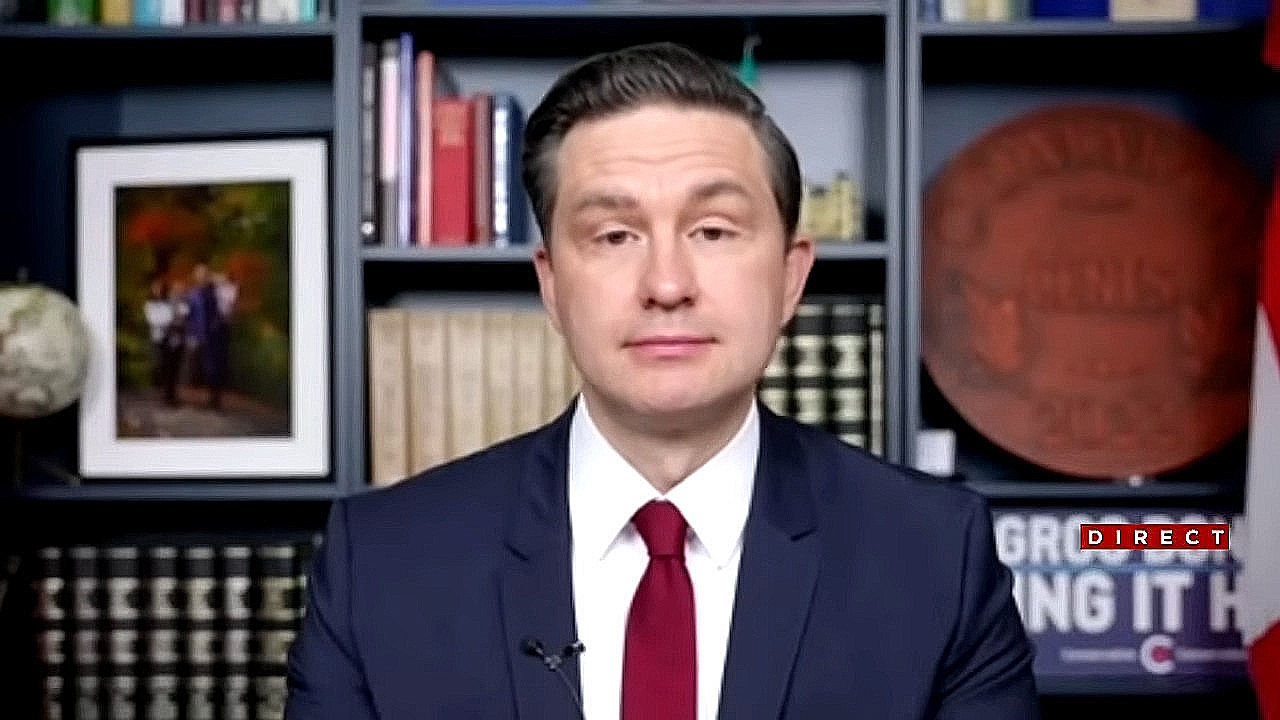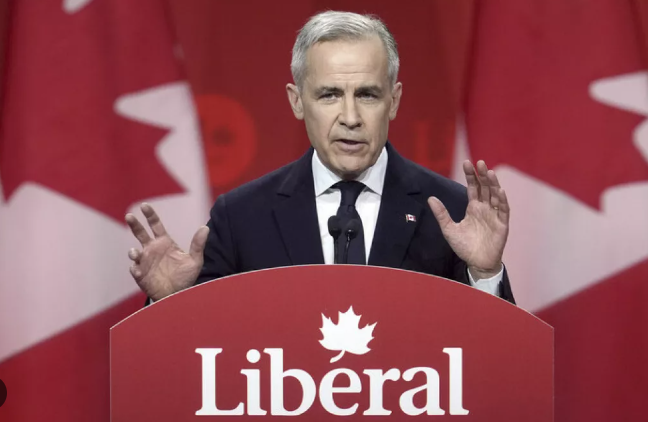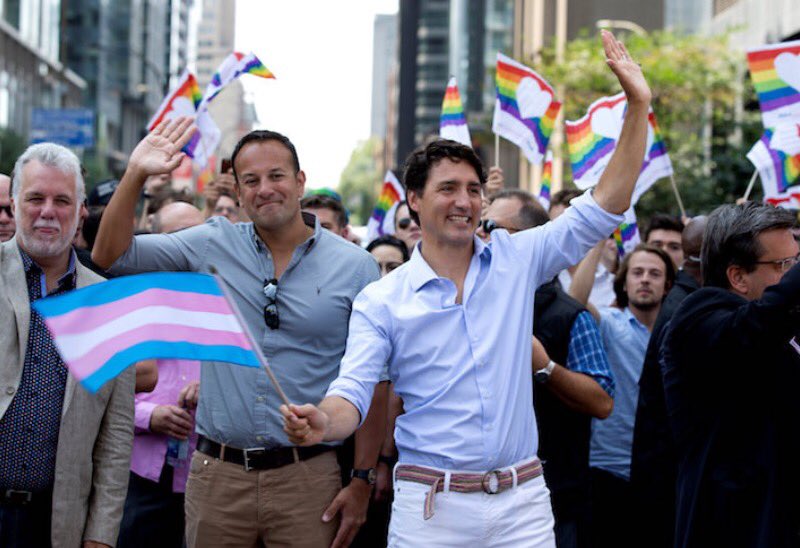Blog Post
What does Pierre Poilievre’s victory mean for social conservatives?
By Jonathon Van Maren
The Conservative Party of Canada has a new leader: Pierre Poilievre. Nobody was surprised by this result—pundits have been predicting it for months. The size of his rallies; the resonance of his messaging on inflation, home ownership, and freedom; and his undeniable skills on the stump made his victory almost a foregone conclusion by the time the leadership race was finally (finally) over. Poilievre had secured the endorsement of former Prime Minister Stephen Harper, a majority of caucus, and, we now know, enough of the base he did so much to expand to achieve a first ballot victory. He swept nearly all of the 338 ridings with 68.15% of the vote—a margin of victory larger than Harper’s when he won the leadership.
Pierre Poilievre owns the Conservative Party in a way that Andrew Scheer and Erin O’Toole did not. What does this mean for social conservatives? A distinctly mixed bag. As I’ve pointed out, Poilievre is supportive of the LGBT agenda, and voted for the “conversion therapy” ban—which bans some pastoral and parental conversations with gender-confused kids, for example—twice, even when the majority of the Conservative caucus voted against it. He was once pro-life and even attended pro-life conferences as a student, but has changed his tune on that, as well, voting against a ban on sex-selective abortion and other pro-life legislation. He has made it clear that when it comes to “freedom,” his views are very limited as far as socially conservative issues are concerned. (That said, plenty of social conservatives voted for him anyways, deciding to prioritize Covid-related issues.)
On the positive side of the ledger, Poilievre has committed to supporting conscientious objection rights for medical professionals, permitting free votes in the House of Commons, and says he will fight against expanding the current criteria for physician-assisted suicide (a regime that has been consistently expanded by the Trudeau government with horrifying results). On the pro-life front, the political organization Right Now has noted that he says “he would boost supports for women in crisis pregnancy situations”—a stark contrast to Trudeau’s previous election promise to target and defund crisis pregnancy centres at the behest of Canada’s abortion activists. The fact that Poilievre poses such a threat to Trudeau is a welcome relief, to say the least.
Many social conservatives such as myself supported Leslyn Lewis, and so some analysis of her campaign is in order. Her campaign manager Steve Outhouse posted a helpful post-race summary on Twitter:
In 2022, our overall percentage of electoral points did fall. But by all other measures, Leslyn’s support actually *increased* during this past Leadership race. Here are a few concrete examples:
Leslyn’s first ballot support increased by 8% in 2022, from 43,017 to 46,358. She increased her overall vote counts in 225 ridings, including 28 of 32 Atlantic ridings. She held her exact vote count in four (4) ridings. Lewis increased her caucus support to 10 MPs, and has surpassed the $2.1M she raised in 2020.
If we were dividing up the 2020 membership “pie”, this would have been enough to be on the final ballot, and possibly get the win. However, because of the great work of Team Poilievre, the “pie” was triple in size, so that’s not the case. I’d like to wrap up by comparing Leslyn’s results to M. Charest’s. Media and pundits dismissed Leslyn throughout the campaign, and stated that M. Charest was well ahead of Leslyn.
When Patrick Brown entered the race, he immediately became a “top 3 contender”, and Leslyn was never granted that status. I’ll leave it to people smarter than me to explain what folks based this on.
In the end, Charest earned 48,143 total votes (11.53%), and Leslyn earned 46,358. (11.10%) That’s a difference of 1,785 votes, or 0.43%. Yes, his points were more efficient – because of his relative strength in Quebec – but this would not seem to qualify as “miles ahead”. Leslyn Lewis had more votes than M. Charest in 146 of 260 ridings outside of Quebec, and in 87 of the 106 ridings north/west of the Ontario/MB border. Leslyn also had significantly more individual donors than M. Charest.
In short: Lewis improved her previous leadership performance but was swept away by a Poilievre landslide. The Jean Charest “Red Tory” wing of the Conservative Party has been decisively defeated. Previous leader Erin O’Toole, who is still widely loathed, was taken out by a caucus revolt triggered in part by his shenanigans in calling for a unanimous vote on the “conversion therapy” ban, and in part due to his tepid response to the concerns of those supporting the Freedom Convoy. These factors, taken together, are likely to ensure a more conservative Conservative Party going forward, and that’s a good thing. Hopefully, Poilievre’s message will resonate with enough Canadians to finally evict Trudeau from 24 Sussex. Canada has become more divided, less free, poorer, and more overtly hostile to social conservatives since he took office.









Any prolife/social conservative who placed Poilievre first on a ranked ballot needs their head examined.
Not if the purpose was to vote /strategically/ for the /long/ term. A generally freer Canada in which citizens have a greater appreciation for traditional values and freedoms is also, I believe, a Canada in which a culture of /life/ will gain more traction.
I don’t think that we can expect blessings as we become morally corrupt, under a leader who has *made us less free* by voting *twice* for legislation that *criminalizes* conversations of pastors and parents with kids who have gender dysphoria or unwanted same-sex attraction. So I have no idea at all where people get the idea that someone who voted to restrict religious freedom is going to make a “free Canada” when his track record indicates otherwise, and how a man who has openly endorsed the LGBT agenda and voted against even restricting abortion that targets girls will result in “a greater appreciation for traditional values.” When it comes to the moral issues of life and family, he is not on our side.
Trudeau will define him early on by holding a vote on taxing pregnancy resource centres out of existence. And he’ll vote for it, clearly showing pro-life voters that he’s not on their side at all while dividing the party and allowing Liberals to run “hidden agenda” ads if some Conservative MPs vote against it.
You could very well be right on that.